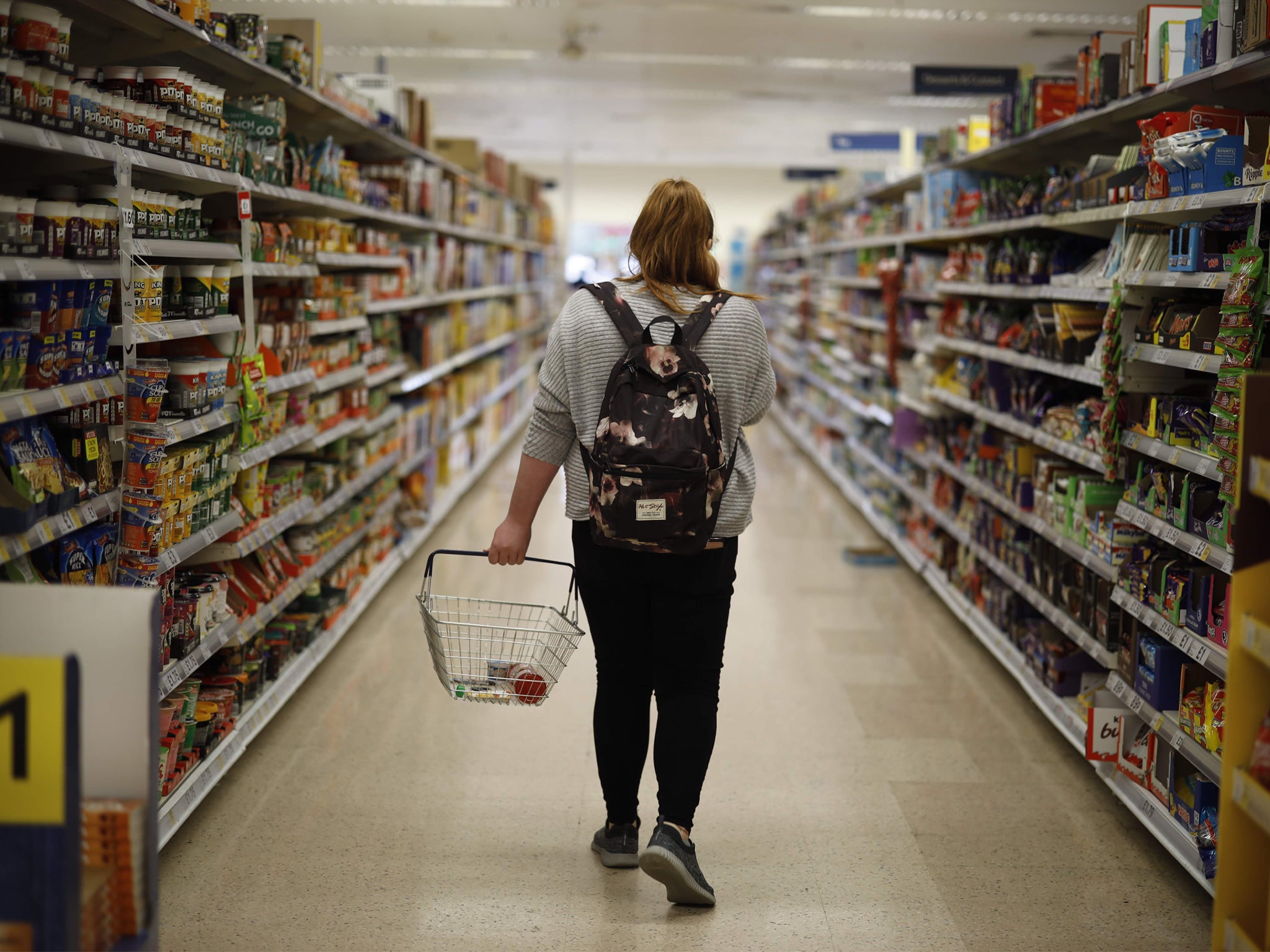Quarter of Britons say shopping green is too expensive
Shoppers likely to consider price, convenience and the brand ahead of sustainability of product

Your support helps us to tell the story
From reproductive rights to climate change to Big Tech, The Independent is on the ground when the story is developing. Whether it's investigating the financials of Elon Musk's pro-Trump PAC or producing our latest documentary, 'The A Word', which shines a light on the American women fighting for reproductive rights, we know how important it is to parse out the facts from the messaging.
At such a critical moment in US history, we need reporters on the ground. Your donation allows us to keep sending journalists to speak to both sides of the story.
The Independent is trusted by Americans across the entire political spectrum. And unlike many other quality news outlets, we choose not to lock Americans out of our reporting and analysis with paywalls. We believe quality journalism should be available to everyone, paid for by those who can afford it.
Your support makes all the difference.Millions of shoppers believe being green is too expensive.
A study of 2,000 adults found 17 per cent think it costs more money to be sustainable, claiming they can’t afford to be more eco-conscious with their purchases.
And 23 per cent think green produce is too expensive for most people.
It also emerged that shoppers are more likely to consider price, convenience and the brand ahead of whether a product is sustainable when deciding what to buy.
As a result, just a third of adults consider themselves to be green, although 62 per cent said it has become more of a consideration during the past five years.
Andy Barnetson of Beyond the Box, which commissioned the research, said: “It is encouraging to see the number of adults looking to be more sustainable when it comes to their weekly shop – particularly as many of us hit the supermarket aisles on autopilot, with our shopping lists primed.
“However, for those seeking positive changes, it is important to ensure sustainability is at least a consideration during the purchase process.
She added: “A good way to do this is to reflect on the materials used to package products when you are browsing the supermarket shelves.
“Consider the packaging and opt for those items which are wrapped in materials which are widely recyclable, such as paper-based materials like cardboard.”
The study also found the average adult estimates 38 per cent of the groceries they purchase are eco-friendly – along with 23 per cent of gadgets and 32 per cent of clothes.
And food is the main area in which they actively try to shop sustainably (55 per cent), ahead of clothing (31 per cent), cleaning products (26 per cent) and gardening supplies (18 per cent).
But the amount of packaging used is also a hindrance with 81 per cent believing shop-bought items are “still” over-packaged.
Almost six in 10 (58 per cent) also said packaging influences their purchase decision, with 69 per cent consciously buying items which have less packaging – if there’s a choice.
And 75 per cent of those polled, via OnePoll, feel they would be “much more” sustainable if more companies made their packaging eco-friendly.
Andy Barnetson added: “These decisive results suggest there is a strong desire among many of those polled to be greener, whether that’s when they’re at home or out and about.
“But sustainability isn’t just the responsibility of big brands and supermarkets – we’ve all got an important part to play.
She concluded: “We’d urge everyone to choose sustainable packaging materials where they can and make recycling this packaging a big priority.”





Join our commenting forum
Join thought-provoking conversations, follow other Independent readers and see their replies
Comments